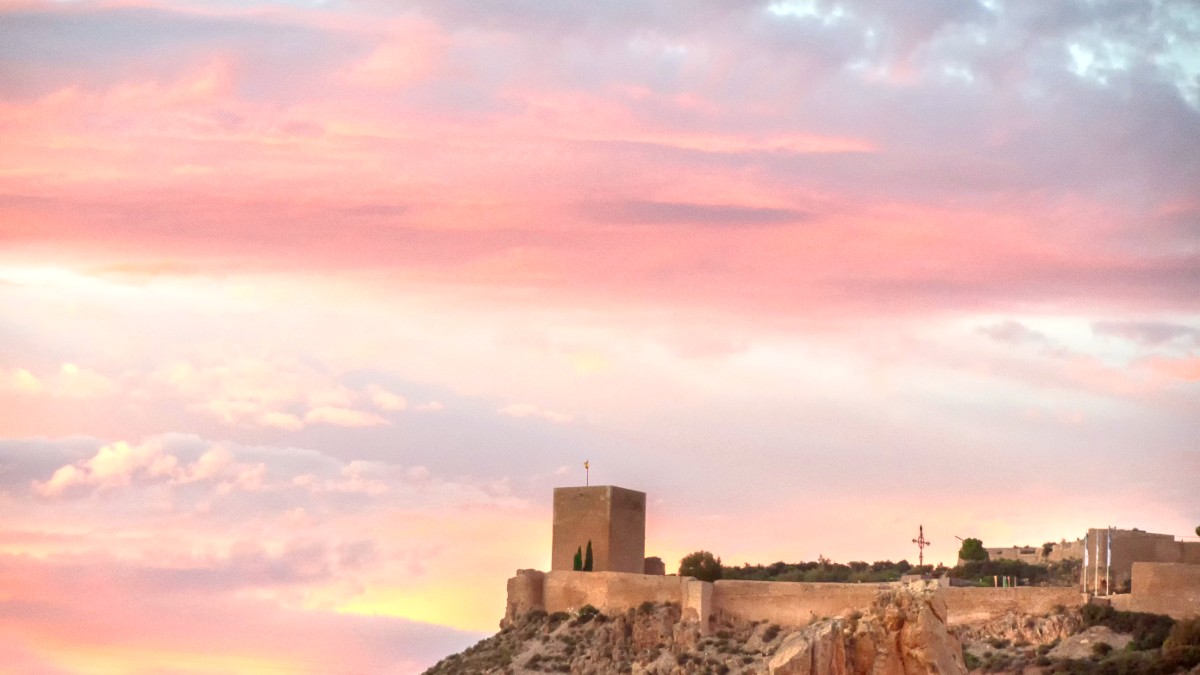
Spain
US Citizens, Canadians, Australians, and UK citizens do not need a visa for stays up to 90 days within any 180-day period. A valid passport is sufficient. Travelers from many other countries (e.g., India, China, South Africa) need a Schengen visa. Apply through services like iVisa or VisaHQ. Processing times vary, typically 15-30 days, possibly 60 days. Begin your application well in advance.
From mid-2025, visa-exempt non-EU citizens will need an ETIAS authorization before travel. This is a pre-travel authorization, an online application, usually quick. It grants authorization for multiple entries over three years or until your passport expires.
For Schengen visa applicants, travel insurance is mandatory. It covers medical emergencies and repatriation, with minimum coverage of €30,000. While not strictly mandatory for visa-exempt nationals, comprehensive travel insurance is highly recommended. It covers unforeseen circumstances like medical emergencies, trip cancellations, or lost baggage. Consider World Nomads for adventurous trips, SafetyWing for nomads, or Insubuy for US visitors.
Spain charges no general entry fees. Upon arrival, go through standard immigration procedures. Present your passport, and potentially your visa or ETIAS authorization. Officers may ask about your visit purpose, stay duration, and proof of funds or accommodation. Remain polite and provide clear answers.
Compensation Service
Receive up to €600 for delayed or canceled flights.
AirHelp: 15-16.6% commission, 45-day cookie.
Direct Services
Streamlined visa and passport application.
Specialized Insurance
Coverage for adventurous activities.
The official currency is the Euro (€). ATMs (cajeros automáticos) are widespread and offer good exchange rates. Major credit and debit cards (Visa, Mastercard) are widely accepted. Carry some cash for smaller purchases or markets. Notify your bank about your travel plans.
Tipping is not mandatory in Spain. It is a gesture of appreciation for good service. For casual places, round up the bill or leave €0.50-€2. For good service in a nicer restaurant, 5-10% is fine but not expected. No obligation to tip if service falls short.
€40-€70 (hostel/guesthouse, street food/self-catering, public transport, free attractions).
€70-€150 (mid-range hotel/apartment, local restaurants, occasional taxi, paid attractions).
€150+ (4-5 star hotel, fine dining, private transfers/car rental, specialized experiences).
Hostels: €15-€40. Mid-range: €40-€120. Luxury: €120+.
Tapas: €3-€8. Menu del Día: €10-€18. Mid-range meal: €20-€40. Fine dining: €50+.
Spain is a safe country. Common sense precautions are always beneficial.
No specific vaccinations are mandatory for Spain. Ensure your routine vaccinations are current (MMR, DTaP, polio, influenza). Hepatitis A and B are sometimes recommended for international travel generally. Consult your doctor or a travel clinic before your trip for personalized advice.
EU/EEA Citizens: Entitled to public healthcare with a valid European Health Insurance Card (EHIC). Non-EU Citizens: Comprehensive travel insurance is advisable. Hospitals and medical centers are available. Pharmacies (farmacias) offer over-the-counter medications and basic advice.
Keep these numbers accessible for any situation: